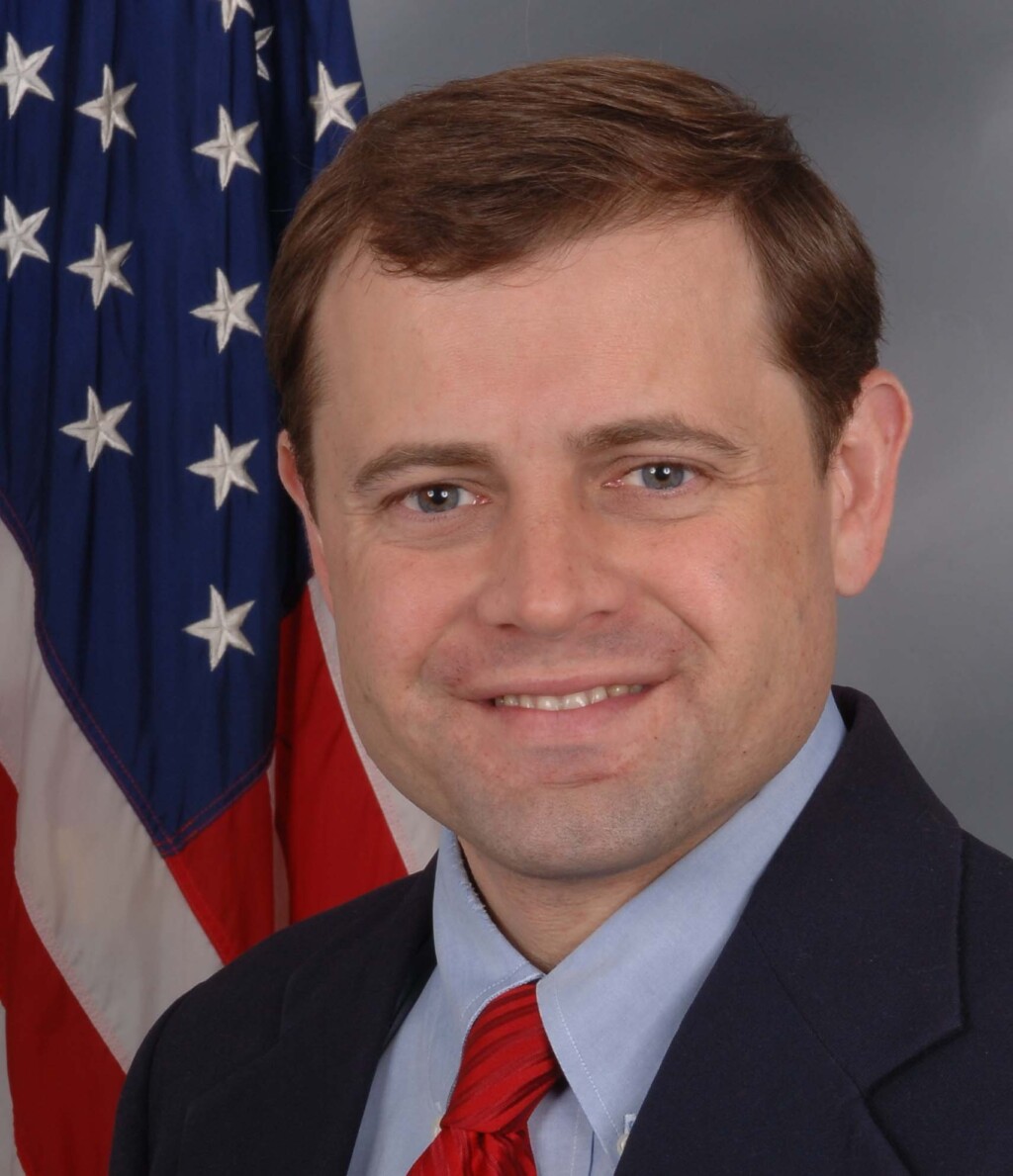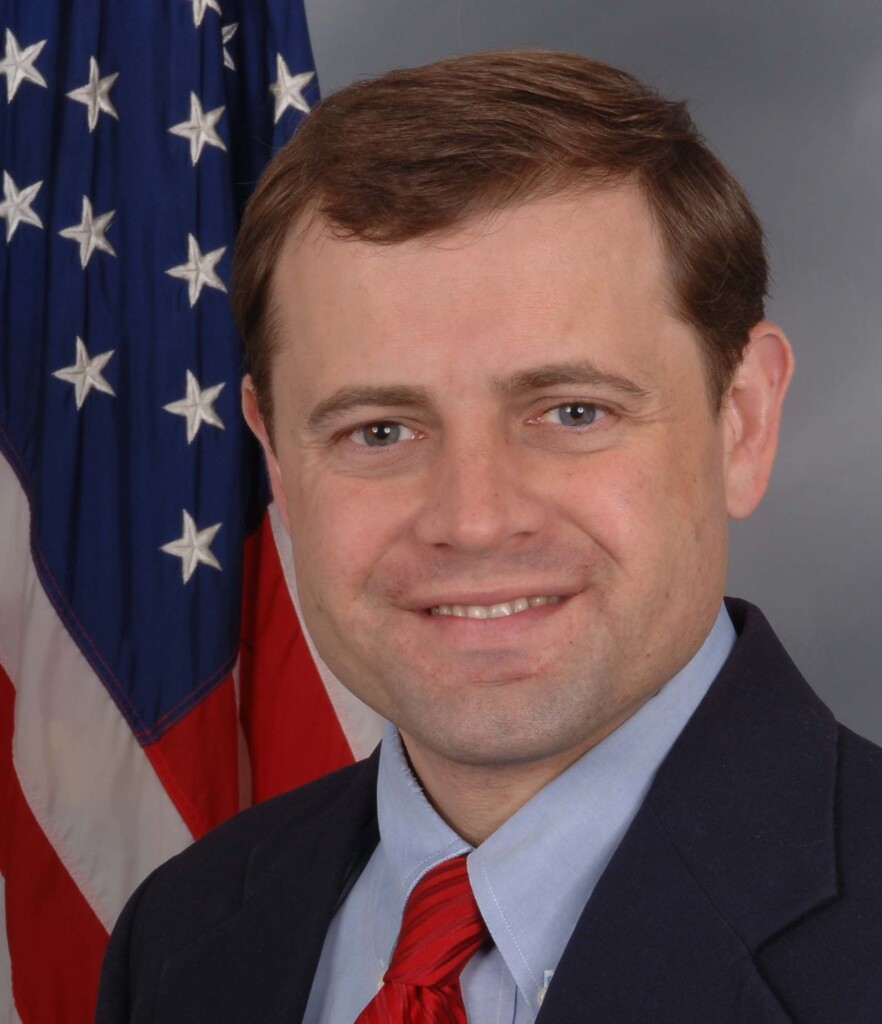Exclusive: US Special Envoy for Sudan says ‘priority is to end the war’

Tom Perriello, US Special Envoy to Sudan (File photo: US Congress)
The aspirations of the Sudanese people are not just for the absence of war, but for the restoration of the revolution and the return to a constitutional transition that the people fought so hard for just five years ago, says Tom Perriello, US special envoy for Sudan. He accuses both warring parties of “playing with people’s lives”, and hopes that the Jeddah negotiations will resume by the end of the first week of May.
In an interview with Radio Dabanga today (link to audio below), the first since his appointment in February, Perriello speaks to reporter Rashid Saeed about his vision on the Sudanese situation in general, and how he thinks the country can extricate itself from the current war. At the time of his appointment, Perriello outlined “the priority the US administration places on ending the Sudan conflict, meeting the immediate and dire humanitarian needs of the Sudanese people, and charting a path toward civilian, democratic government,” and later expressed hopes that talks between the Sudanese Armed Forces (SAF) and the Rapid Support Forces (RSF) will resume following the fasting month of Ramadan, which ended last week.
‘The Sudanese people are not just for the absence of war, but for the restoration of the revolution and the return to a constitutional transition…’
“I think one of the things is we want to understand that the aspirations of the Sudanese people are not just for the absence of war, but for the restoration of the revolution and the return to a constitutional transition that the people fought so hard for just five years ago, and for many years before that,” says Perriello. “We certainly need to see the violence come to an end. We want to see the silencing of the guns and I think that’s going to come from a pressure combination, and of the voice of the people, from the generals and leadership of the two sides, agreeing to end the war, and frankly from external partners who care deeply about Sudan, helping to bring enough pressure to bear to see that peace emerges… Ending of the war and the rebuilding of the dream of the democratic future are primarily in the hands of the Sudanese people .and the US government is trying as hard as possible to be an ally to the people of Sudan.”
On the role of the international community following his attendance of the Paris Conference on Humanitarian Issues in Sudan, at which donor countries pledged a further €2 billion to address the dire humanitarian crisis in Sudan, Perriello admits that he was initially “pretty sceptical whether there would be much for the people of Sudan,” but says that his delegation was we were “very pleased first and foremost” about the additional humanitarian aid funds pledged, pointing out that “the United States so far has given more humanitarian aid than the rest of the world combined, and that still has not been enough.”
Perriello observes that “one of our messages in Paris was we can have lots of fancy statements of principles, but are you going to make contributions? And we credit the French for hosting an event where hopefully that will translate immediately into more humanitarian aid, particularly given the coming rainy season and the lean season.”
“So on the humanitarian side, that was what the original intent of the conference, and I think there was a sense from the world that this has been the silent war, the silent famine, and just starting to hear the cries of the Sudanese people,” he says.
“On the standpoint of ending the war, we did get good news from Saudi Arabia that they are prepared to post a new round of peace talks within the next three weeks, by the end of the first week of May, and we think that is a very important forum, particularly if it’s inclusive of key African partners as they have pledged, where we can bring the parties together and hopefully find an end to this war.
“We know ultimately that the most urgent need for the Sudanese people is ending this war, which will give people a chance to return, whether they’ve fled internally or outside the country… So for us, that will be the measurement of success.”
‘Both parties have done a miserable job of showing any respect for the Sudanese people…’
Asked about his stance on the fact that people in the ground are complaining that assistance and humanitarian aid are coming slowly, and that aid is still under the control of the two militaries, Perriello concurs.
“We agree, and that’s why we are not only trying to say there’s not been enough aid, but certainly saying that both parties have done a miserable job of showing any respect for the Sudanese people and, in terms of access of just basic food and medicine across borders and across lines, it is a fundamental rule of international humanitarian law that you do not weaponise food and medicine, you do not starve people as a weapon of war, and they’re deeply disappointed in both sides for the games that they’re playing with people’s lives. And we’re at a level of fragility where this is truly a matter of life and death.
“We think that this also would have been an opportunity, whether that’s the end of Ramadan or Eid, for leaders of either the SAF or the RSF to show some care for the people to open up that access. There have been small victories of a few trucks here, a few trucks there, but nothing of the scale that’s necessary for the fundamental suffering and hunger of the Sudanese people.”
‘This war is hurtling out of control… neither side has a credible path to victory on the battlefield and in that way…’
Regarding the proposed resumption of the Jeddah talks, and his meeting yesterday with the Minister of Foreign Affairs of Saudi Arabia, Perriello told Radio Dabanga that he hopes the new talks will be different from before. “We really hope that the most fundamental difference will be urgency, urgency to end the war. And I think for many of the neighbouring countries, for hopefully our gulf partners, there’s an understanding that this war is hurtling out of control. But what’s been two-sided civil war is becoming more factionalized more ethnic. It’s more likely to bring in neighbouring countries if left alone, and it’s at a point where neither side has a credible path to victory on the battlefield and in that way if the war is able to continue, but it will ensure that everybody loses and nobody wins.”
‘People don’t want to see this peace process is a backdoor way for disgraced former regime officials or extremists to find their way into power…’
Perriello concedes: “The Sudanese people are very united in the core questions about this peace deal ending the war, ensuring full access to food and medicine, a return to the vision of the democratic future. People don’t want to see this peace process is a backdoor way for disgraced former regime officials or extremists to find their way into power, and they want to see a unified professional military. It’s been an important institution in Sudan and needs to be going forward. So you know, we’re trying to centre those Sudanese voices and, you know, continue to hear that, that echo. And again with this anniversary, trying to make that something that the world is paying attention to far more than it has.
In conclusion, Perriello commended and thanked Radio Dabanga “for continuing to do journalism at a time that that’s been very difficult and not always supported and has some risks with it as we know. You reach many people who do not necessarily have access to a huge amount of information. So we appreciate the role that Radio Dabanga plays.”












 and then
and then